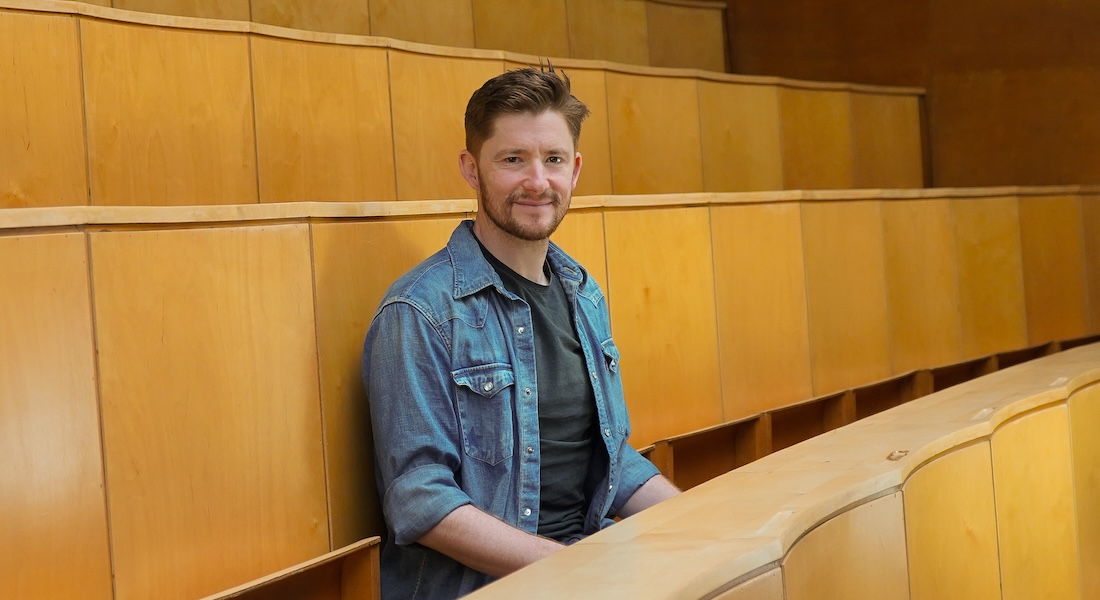Simulating Nature: A New Quantum Leap in Thermal Physics
Researcher at the Department of Computer Science, University of Copenhagen has together with collaborators at the AWS Center for Quantum Computing created a new quantum algorithm that helps computers simulate how materials behave at low temperatures – a breakthrough that could lead to better batteries, cleaner energy, and smarter drug design. The study has been published in Nature.

- We’ve built the world’s first truly general quantum method for simulating how systems naturally cool down and settle. This opens the door to realistic quantum simulations that were previously out of reach, says Michael James Kastoryano, Associate Professor at the Department of Computer Science.
Simulating exact natural thermalization
Quantum computers are powerful machines that use the complex rules of quantum physics to solve problems regular computers can’t. However, one big challenge has been simulating how materials behave when they cool down – a process called thermalization. This is important because it affects everything from how metals conduct electricity to how molecules interact in your body.
Until now, scientists didn’t have a reliable way to simulate this cooling process for fully quantum systems – especially ones where particles interact in complex ways. The new algorithm changes that.
It works like a quantum version of a well-known classical method called Markov Chain Monte Carlo, which scientists use to study randomness and equilibrium. But this new method is designed specifically for quantum computers and respects the rules of quantum physics.
- Our algorithm shows that quantum computers can mimic how nature cools down – in a way that’s both mathematically exact and practical to run, Says Michael James Kastoryano.
Potential for new technologies to address global challenges
This breakthrough could help scientists and engineers design better materials and technologies. For example, it could speed up the discovery of new battery materials, help solve hard optimization problems in logistics, or even improve how we design medicines.
- Many global challenges — like clean energy and sustainable tech — depend on understanding materials at the quantum level. In short, our method gives scientists a new tool to study these systems and find solutions faster, says Michael James Kastoryano.
Contact
Michael Kastoryano, Associate Professor
Machine Learning
E-mail: mika@di.ku.dk
Mobile: +45 29 71 33 83
